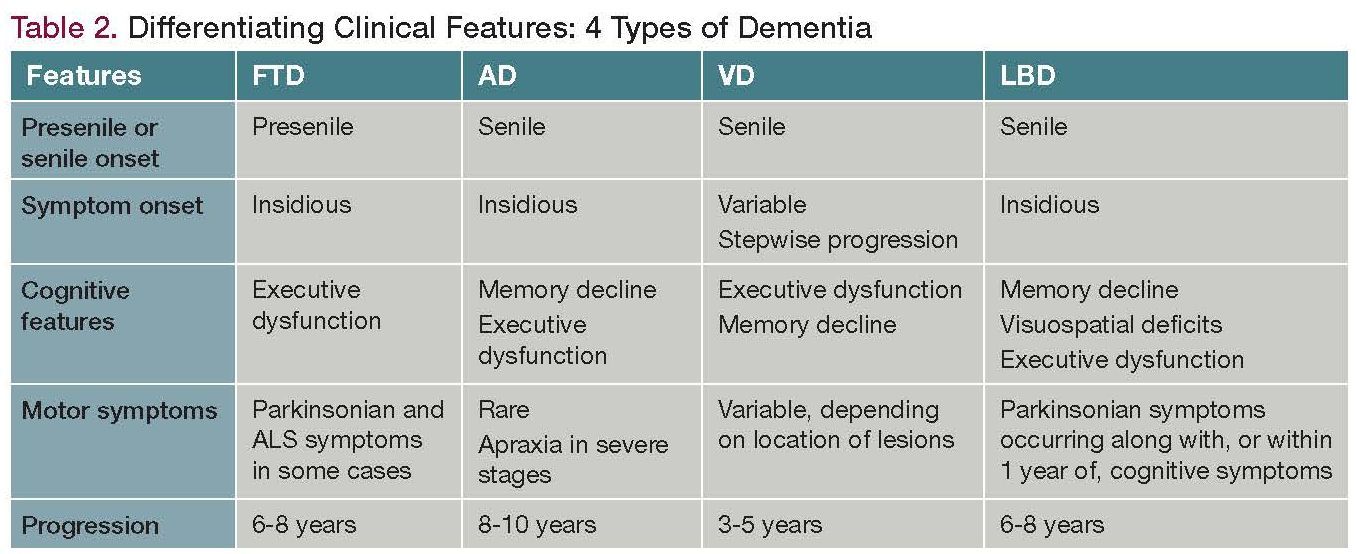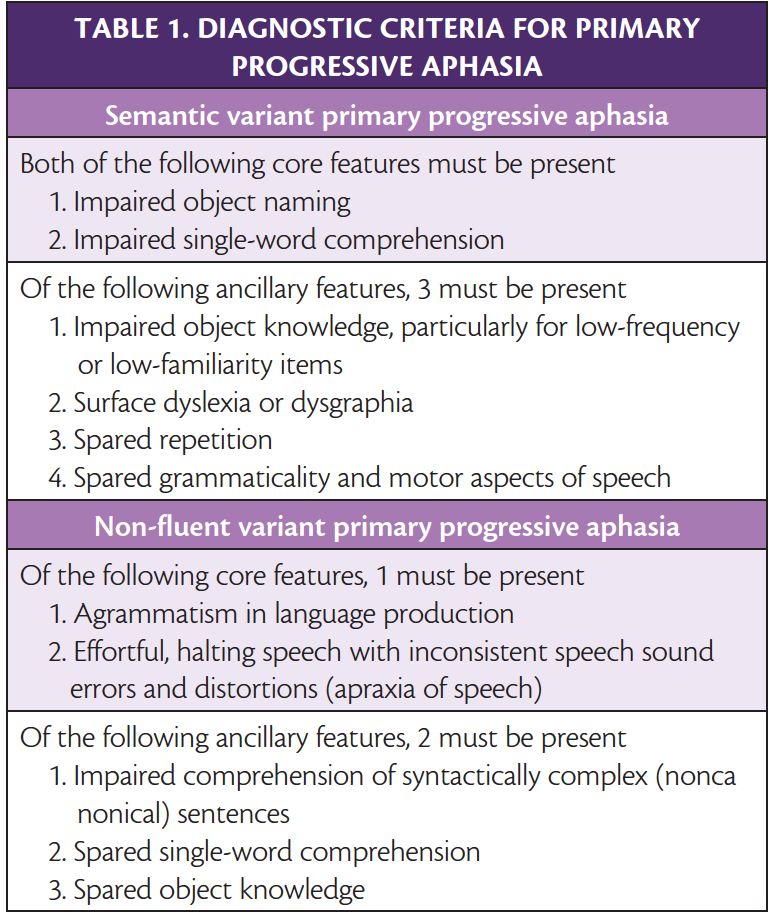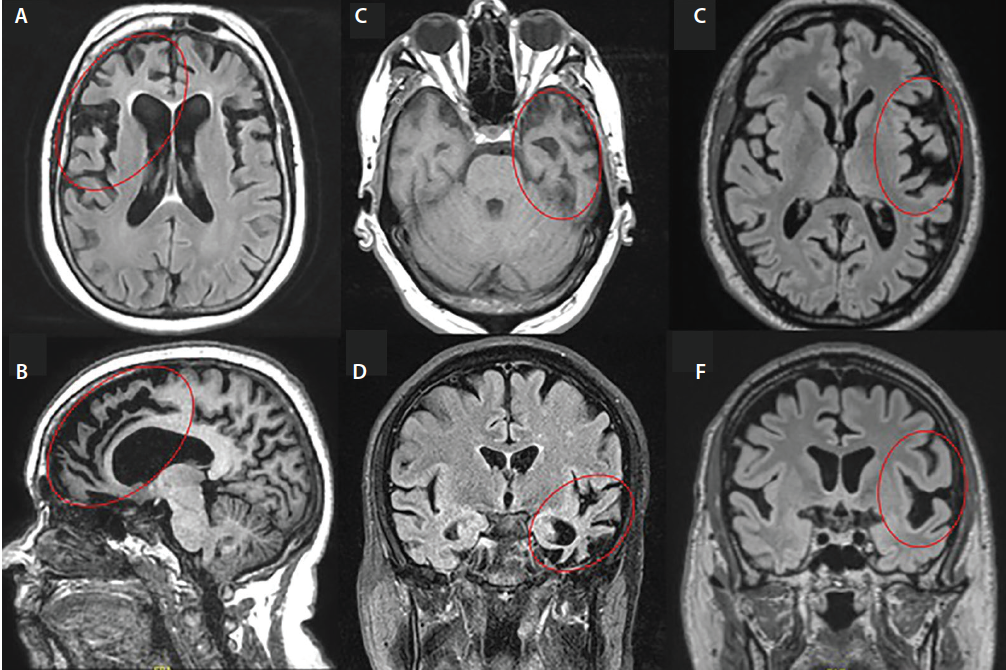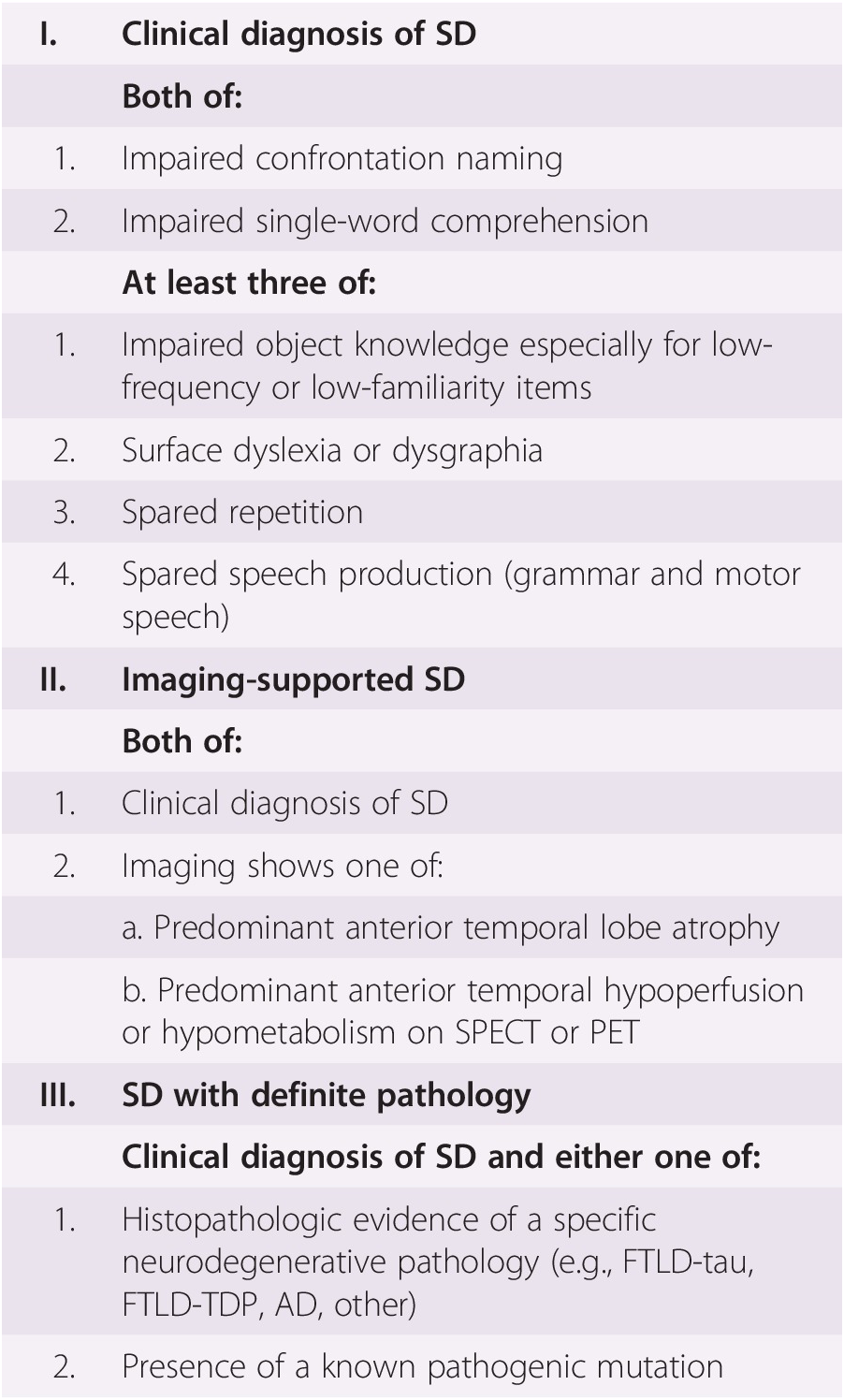How To Manage Frontotemporal Dementia
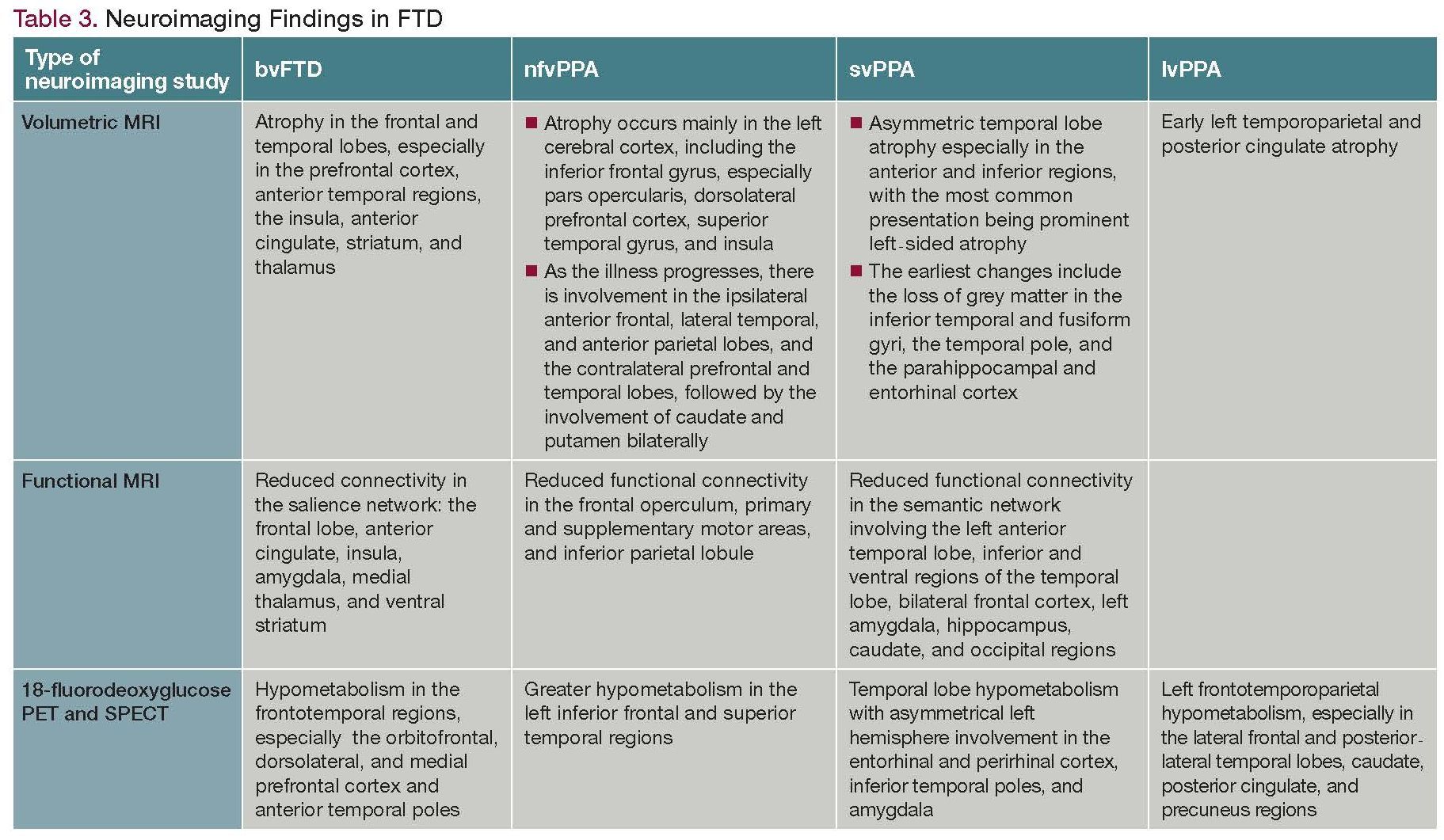
Arrange for respite care short-term caregiving services that give the regular caregiver a breakor take the person to an adult day care center a safe supervised environment for adults with dementia or other disabilities.
How to manage frontotemporal dementia. Both language and behavior are affected and memory deterioration often occurs as well. Compassionate Therapeutic Care and Strategies to Enhance the Function and Quality of Life of Those Living With FTD and Their Loved Ones. Occupational therapy to identify problem areas in everyday life such as getting dressed and help work out practical.
What Other Things Help. It may be necessary to have care 24 hours per day to assure safety and adequate care. Physical and occupational therapy may help them move more easily.
However medications may reduce some of the behavioral symptoms. Attorneys and financial advisors can help families prepare for the later stages of frontotemporal dementia. There is no cure for frontotemporal dementia yet but with proper support and memory care it can be possible to live a full life with FTD as long as the symptoms are caught early.
Though there is no cure for bvFTD yet there are medications that may help manage the symptoms. There is no cure for frontotemporal dementia FTD. Late-Stage Frontotemporal Dementia In the late stage people with FTD look more similar to those whose dementia is due to Alzheimers disease.
The stress of providing care for someone with FTD can be incredibly difficult both physically and emotionally. Antidepressants may help treat anxiety and control obsessive-compulsive behaviors and other symptoms. No treatment has been shown to slow the progression of the disease.
If you or a loved one are exhibiting any of the early symptoms listed above its important to see a doctor immediately so that treatment can begin right away. Personal lifestyle changes will be ongoing. Frontotemporal dementia can be hard to diagnose because symptoms are similar to other conditions.

Also because these disorders are rare physicians may be unfamiliar with the signs and symptoms.
How to manage frontotemporal dementia. Treatment is aimed at managing and alleviating symptoms. The stress of providing care for someone with FTD can be incredibly difficult both physically and emotionally. Though there is no cure for bvFTD yet there are medications that may help manage the symptoms.
Late-Stage Frontotemporal Dementia In the late stage people with FTD look more similar to those whose dementia is due to Alzheimers disease. Treatments for frontotemporal dementia Theres currently no cure for frontotemporal dementia or any treatment that will slow it down. Currently no treatments are available to cure or slow the progression of FTD but healthcare providers may prescribe medicine to treat symptoms.
Frontotemporal dementia can be hard to diagnose because symptoms are similar to other conditions. There is no cure for frontotemporal dementia FTD. Antidepressants particularly selective serotonin reuptake inhibitors have been shown to improve some behavioral symptoms.
What Other Things Help. But there are treatments that can help control some of the symptoms possibly for several years. Attorneys and financial advisors can help families prepare for the later stages of frontotemporal dementia.
Both language and behavior are affected and memory deterioration often occurs as well. Physical and occupational therapy may help them move more easily. These medications are called selective serotonin reuptake inhibitors SSRIs and they can help a person with bvFTD manage symptoms of agitation irritability and lack of motivation.
Today an estimated 250000 Americans are living with frontotemporal dementiaIn fact frontotemporal dementia is the most common cause of dementia among those under 60. To put this into perspective this type of dementia affects as many people as Alzheimers in the age group spanning from 45-64. Personal lifestyle changes will be ongoing.
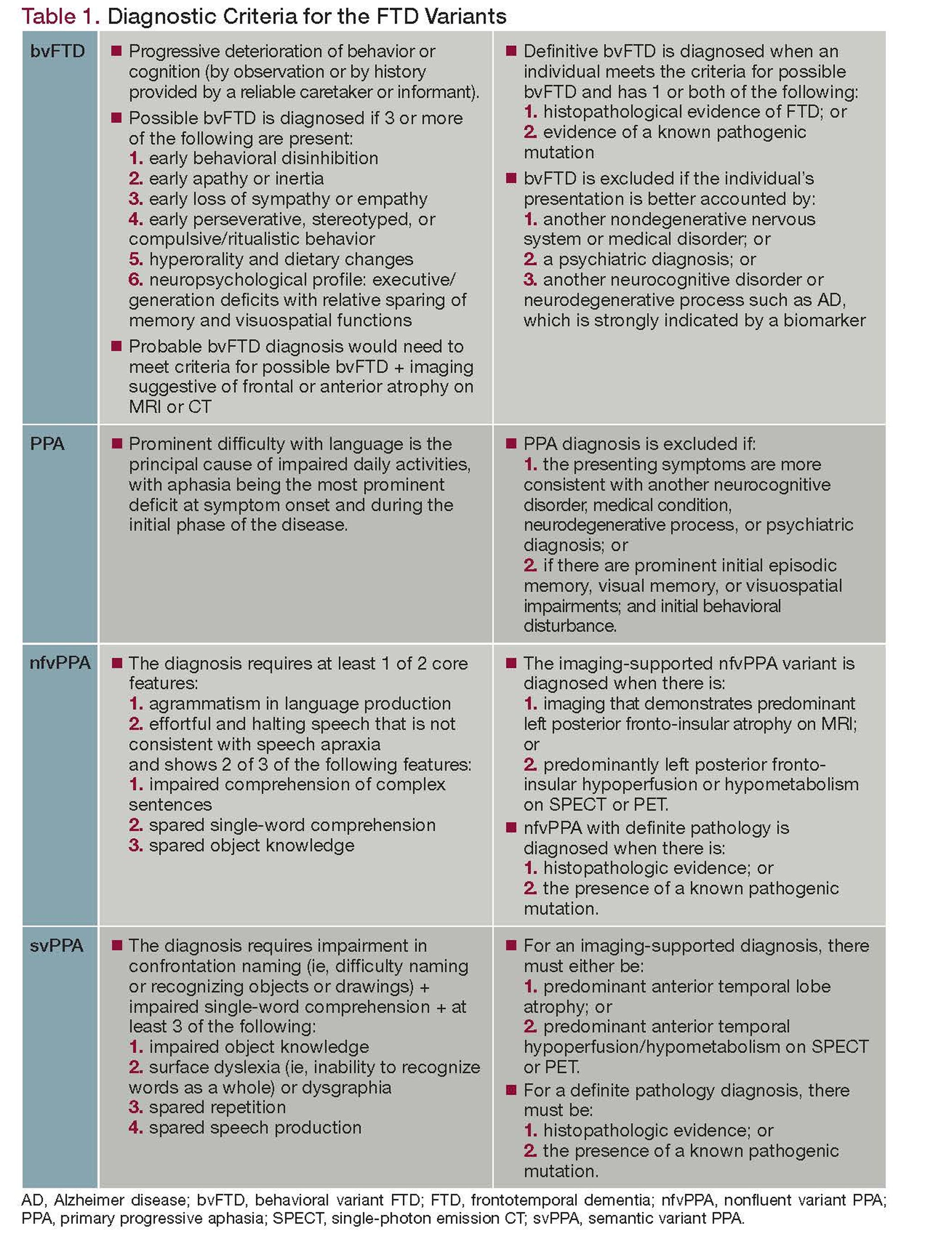
It may be necessary to have care 24 hours per day to assure safety and adequate care.
How to manage frontotemporal dementia. There is no cure for frontotemporal dementia yet but with proper support and memory care it can be possible to live a full life with FTD as long as the symptoms are caught early. For people with corticobasal syndrome CBS Parkinsons disease medicines may offer minimal or temporary improvement. These medications are called selective serotonin reuptake inhibitors SSRIs and they can help a person with bvFTD manage symptoms of agitation irritability and lack of motivation.
How is frontotemporal dementia treated. Physical and occupational therapy may help them move more easily. Attorneys and financial advisors can help families prepare for the later stages of frontotemporal dementia.
No treatment has been shown to slow the progression of the disease. However medications may reduce some of the behavioral symptoms. Though there is no cure for bvFTD yet there are medications that may help manage the symptoms.
Frontotemporal dementia can be hard to diagnose because symptoms are similar to other conditions. Personal lifestyle changes will be ongoing. Speech and language therapy to help improve any communication or swallowing problems physiotherapy to help with movement difficulties relaxation techniques.
Antidepressants particularly selective serotonin reuptake inhibitors have been shown to improve some behavioral symptoms. Both language and behavior are affected and memory deterioration often occurs as well. Treatment is aimed at managing and alleviating symptoms.
Advanced planning will help smooth future transitions for the person and family members and may allow the person to participate in the decision-making process. Frontotemporal dementia cannot be cured. Compassionate Therapeutic Care and Strategies to Enhance the Function and Quality of Life of Those Living With FTD and Their Loved Ones.


